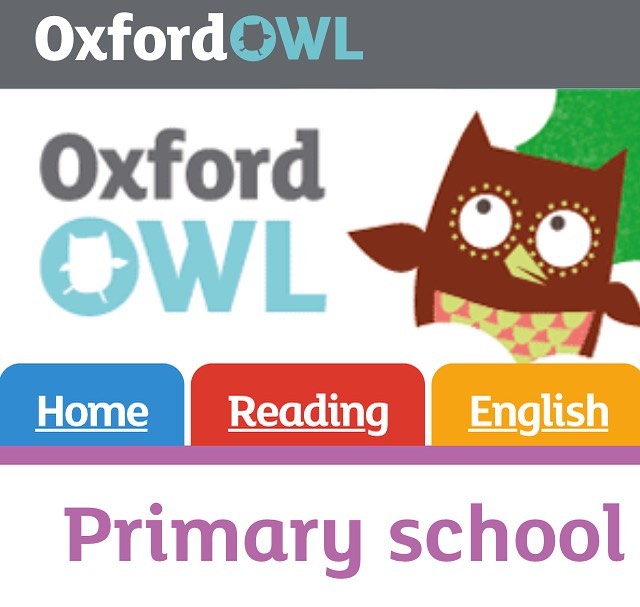Getting ready for primary school

Getting ready for primary school
Starting primary school can be daunting for you and your child, but it marks the start of an exciting new chapter. Before you know it, your child will be making friends, learning new skills and becoming increasingly independent. But how can you help them prepare for this big first step?
1. Support your child’s independenceSolving simple problems. Encourage your child to resolve problems by talking when they don’t understand or something isn’t going well. It is important that they also learn when to ask an adult for help.Give small tasks to your child to foster a sense of responsibility
2. Build up your child’s social skillsPractising conversations. Giving your child time to talk – and also time when they have to listen – teaches vital speaking and listening skills. You could take turns to talk about the best part of your day over the dinner table. Can they ask questions to find out more? Can they remember what their sibling’s favourite part of the day was?Take children´s questions seriously and answer themDiscuss experiences, encourage the child to tell and listenView and discuss picture books togetherPlay together
3. Make a start on early literacy and numeracy skillsView and discuss picture books togetherRead and tell stories and discuss themIntroduce them to numbers. Why not go on a number hunt around your local area and take pictures of any numbers you find? You could also share counting songs together or count objects as you set the table for dinner. Can your child get five forks or three cups out? Can they share them between members of the family?
4. Help your child learn to concentrateLet your children draw and paint without helpLet your children experience different types of music, their own voice and stimulate them to make music (creating rhythms and sounds, differentiating highs and lows…)Practice hand and finger skills: coloring, kneading, threading large beads, cutting out simple figuresLet your children craft objects Run, climb, crawl, balance, hop, jump, throw, promote Compare and describe things
5. Talk to your child about schoolTalk about how fun school is!Practise the school routine. It can be helpful to do a practice journey before the big day, looking for interesting things on the way. It might be a good idea to make sure your child has school-friendly bedtimes and getting-up times a few days in advance.Many of these things are done in kindergarten. We believe that the thing what the parents can do is speak, speak and speak again and react to the child’s natural urge to explore the world.
Our recommendations: 100 Dinge, die ein Vorschulkind können sollte (Deutsch) Topfit für die Schule durch kreatives Lernen im Familienalltag (Deutsch) Das große Vorschulbuch (DUDEN Kinderwissen Vorschule) (Deutsch)Activities to help your child get ready to learn “OXFORD OWL” (online)
Find out more information here.
Best regards,
Meridian Private Primary School Grinzing
Getting ready for primary school

Getting ready for primary school
Starting primary school can be daunting for you and your child, but it marks the start of an exciting new chapter. Before you know it, your child will be making friends, learning new skills and becoming increasingly independent. But how can you help them prepare for this big first step?
1. Support your child’s independenceSolving simple problems. Encourage your child to resolve problems by talking when they don’t understand or something isn’t going well. It is important that they also learn when to ask an adult for help.Give small tasks to your child to foster a sense of responsibility
2. Build up your child’s social skillsPractising conversations. Giving your child time to talk – and also time when they have to listen – teaches vital speaking and listening skills. You could take turns to talk about the best part of your day over the dinner table. Can they ask questions to find out more? Can they remember what their sibling’s favourite part of the day was?Take children´s questions seriously and answer themDiscuss experiences, encourage the child to tell and listenView and discuss picture books togetherPlay together
3. Make a start on early literacy and numeracy skillsView and discuss picture books togetherRead and tell stories and discuss themIntroduce them to numbers. Why not go on a number hunt around your local area and take pictures of any numbers you find? You could also share counting songs together or count objects as you set the table for dinner. Can your child get five forks or three cups out? Can they share them between members of the family?
4. Help your child learn to concentrateLet your children draw and paint without helpLet your children experience different types of music, their own voice and stimulate them to make music (creating rhythms and sounds, differentiating highs and lows…)Practice hand and finger skills: coloring, kneading, threading large beads, cutting out simple figuresLet your children craft objects Run, climb, crawl, balance, hop, jump, throw, promote Compare and describe things
5. Talk to your child about schoolTalk about how fun school is!Practise the school routine. It can be helpful to do a practice journey before the big day, looking for interesting things on the way. It might be a good idea to make sure your child has school-friendly bedtimes and getting-up times a few days in advance.Many of these things are done in kindergarten. We believe that the thing what the parents can do is speak, speak and speak again and react to the child’s natural urge to explore the world.
Our recommendations: 100 Dinge, die ein Vorschulkind können sollte (Deutsch) Topfit für die Schule durch kreatives Lernen im Familienalltag (Deutsch) Das große Vorschulbuch (DUDEN Kinderwissen Vorschule) (Deutsch)Activities to help your child get ready to learn “OXFORD OWL” (online)
Find out more information here.
Best regards,
Meridian Private Primary School Grinzing
